Difference between revisions of "Leather dealer"
m |
m |
||
| Line 16: | Line 16: | ||
Leather merchants present their range in sample catalogues and many offer the chance to buy leather directly or by visiting their customers. | Leather merchants present their range in sample catalogues and many offer the chance to buy leather directly or by visiting their customers. | ||
| − | Important: Leather dealers usually sell | + | Important: Leather dealers usually sell either [[Parts of the hide|half or the whole skin/hide]] and they don't offer [[Leather cutting|cutting services]]. Leftover pieces of leather are mostly deemed to be [[scrap or waste]] as they can not be sold for a reasonable price. It is also impossible for leather dealers also to have a standardised set of [[Natural markings on leather|natural markings]] that are acceptable for their customers on every piece of leather. |
Revision as of 13:19, 24 July 2017
Leather dealer - Leather seller - Leather trader
Tanneries sell their products either directly to larger leather processing companies (furniture industry, bag manufacturers, car manufacturers, etc.) or to leather dealers.
For leather dealers, holding a large variety of stock involves a significant capital investment but one which they need to make in order to serve their customers quickly. The leather traders are mostly specialized in certain types of leather, such as furniture leather, car leather, clothing leather, bag leather, exotic leather or parchment.
Leather merchants present their range in sample catalogues and many offer the chance to buy leather directly or by visiting their customers.
Important: Leather dealers usually sell either half or the whole skin/hide and they don't offer cutting services. Leftover pieces of leather are mostly deemed to be scrap or waste as they can not be sold for a reasonable price. It is also impossible for leather dealers also to have a standardised set of natural markings that are acceptable for their customers on every piece of leather.
With leather and colour sample cards, the leather merchants and leather dealers present their collections.
Since leather is a soft material, care must be taken during transportation and storage to avoid wrinkles or dents. Therefore, leather is stored and transported on stands, or folded. When folded, excess load pressure and long storage times must be avoided.
Excessive pressure on the leather leads to wrinkles and bumps.
Leather storage stands in the warehouse of a leather merchant.
However, there are also leather traders who sell crust leather to finish the leather and rawhide traders.
Where to buy leather?
- Private customers: As a private customer, you can buy leather directly from companies working with leather (like saddlers, upholsterers, shoe repair shops etc.). These have leather in stock and the catalogues of commercial leather traders to choose from. Leather can also be purchased online. Unfortunately, ordering online means you cannot feel the leather before purchasing. If you're lucky, you will find a local leather dealer so you can experience the sight, smell and touch of your chosen leather.
- Saddlers, interior decorators, tailors etc.: These companies buy their leather from the wholesaler. Wholesalers offer sample catalogues and commercial prices. Smaller to medium furniture manufacturers also buy their leather at the commercial leather trade price.
- Car manufacturers, large furniture factories, shoe and clothing manufacturers: These customers turn directly to the leather factories and buy directly and worldwide.
Traditional leather trader in London (www.colourlock.com).
Additional information
- Car leather
- Furniture leather
- Clothing leather
- Shoe leather
- Exotic leather
- Types of leather
- The sections of the animal skin







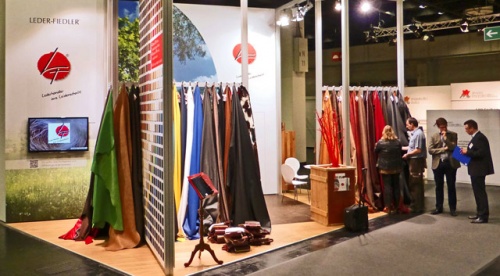





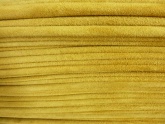
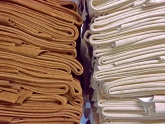
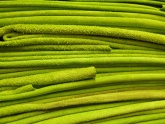
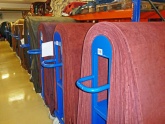

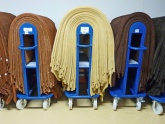
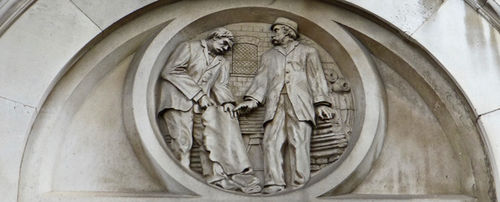

 a kotori web solution
a kotori web solution